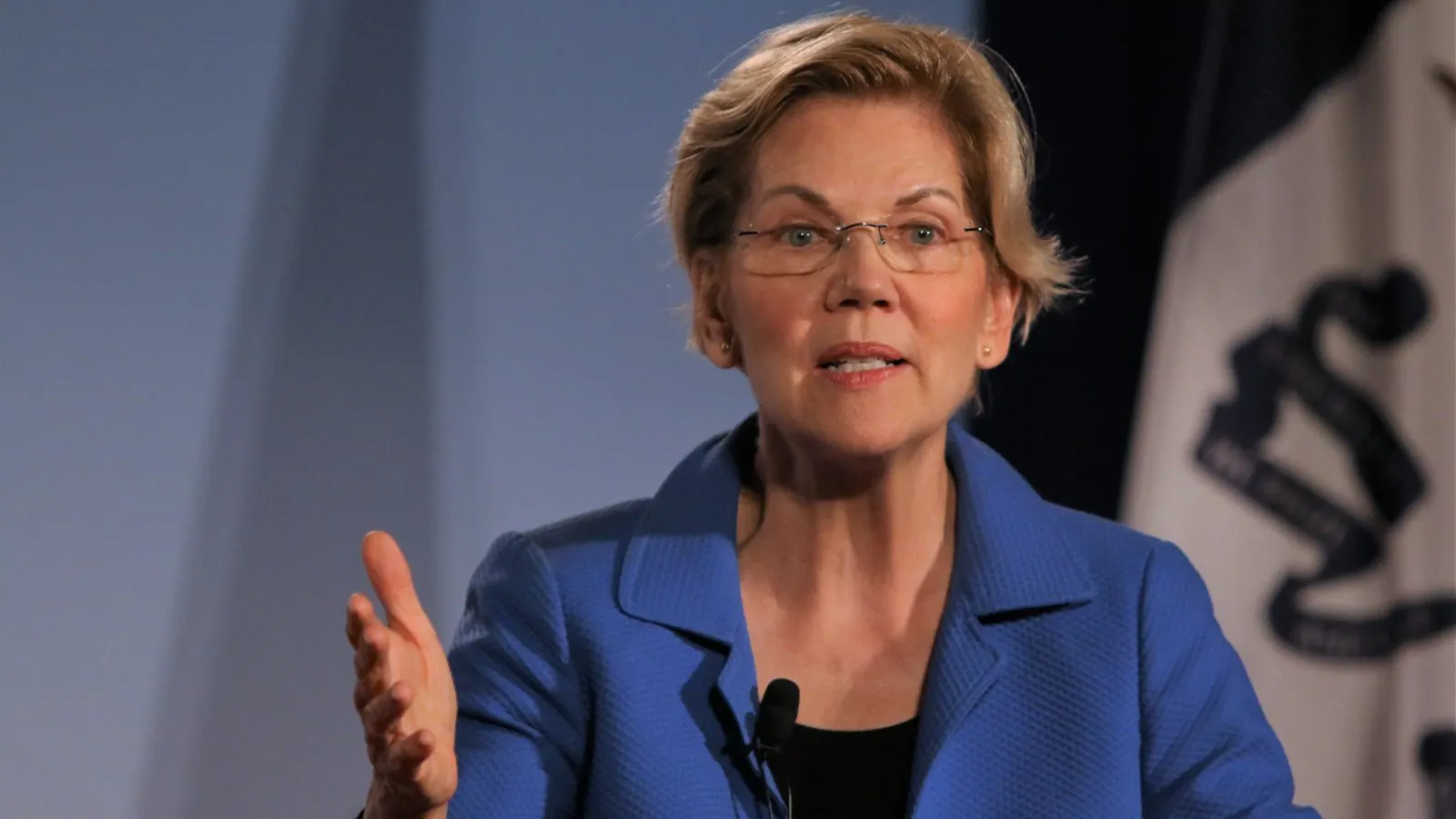Elizabeth Warren, the U.S. Senator from Massachusetts, has sounded the alarm on the use of crypto in funding the lethal fentanyl trade, prompting her to call for more stringent regulation of the industry.
"This group sold enough precursor drugs in exchange for crypto to produce $540 billion worth of fentanyl pills. That is enough fentanyl to kill nearly 9 billion people, all paid for by crypto," Warren said Wednesday during a hearing at the Senate Banking Committee.
During the same hearing, Elizabeth Rosenberg, Deputy Secretary of the Treasury, said that fentanyl sellers do indeed accept payments in crypto.
"Unfortunately, that is a mode that some of these precursor manufacturers and illicit drug organizations have used—the receipt of Bitcoin payments in cryptocurrency wallets," she said.
Fentanyl, a synthetic opioid, is a potent substance, with a strength up to 50 times that of heroin and 100 times that of morphine. Warren's alert comes at a critical moment as the U.S. confronts a steep rise in drug overdose fatalities, many of which are associated with synthetic opioids like fentanyl.
Warren drew upon recent research from Elliptic which reveals that cryptocurrencies, notably Bitcoin and the stablecoin Tether, are the preferred transaction methods for over 90 Chinese companies that produce fentanyl precursors, or the chemicals needed to make the drug.
"Crypto is helping fund the fentanyl trade and we have the power to shut that down," declared Senator Warren.
A potential ban on crypto
As a solution, Warren again pushed forward the Digital Asset Anti-Money Laundering Act which was introduced last December, in an effort to curb crypto payments.
This bipartisan legislation, which she introduced alongside Senator Roger Marshall last December, seeks to mitigate the risks posed by crypto to national security.
Key provisions include extending the Bank Secrecy Act (BSA) to wallet providers, miners, validators, and other network participants.
Moreover, it intends to address self-custodial digital wallets and prohibit financial institutions from using or transacting with mixers and other privacy-enhancing technologies.
While the Digital Asset Anti-Money Laundering Act has been lauded by some for its potential to disrupt the illicit use of cryptocurrency, a growing chorus of critics sees it as part of a broader strategy to undermine the industry.
This concern is further amplified by Senator Warren's recent declarations causing some to view the act as a “Trojan horse” pushing towards an outright ban on cryptocurrencies, rather than a simple regulatory measure.

